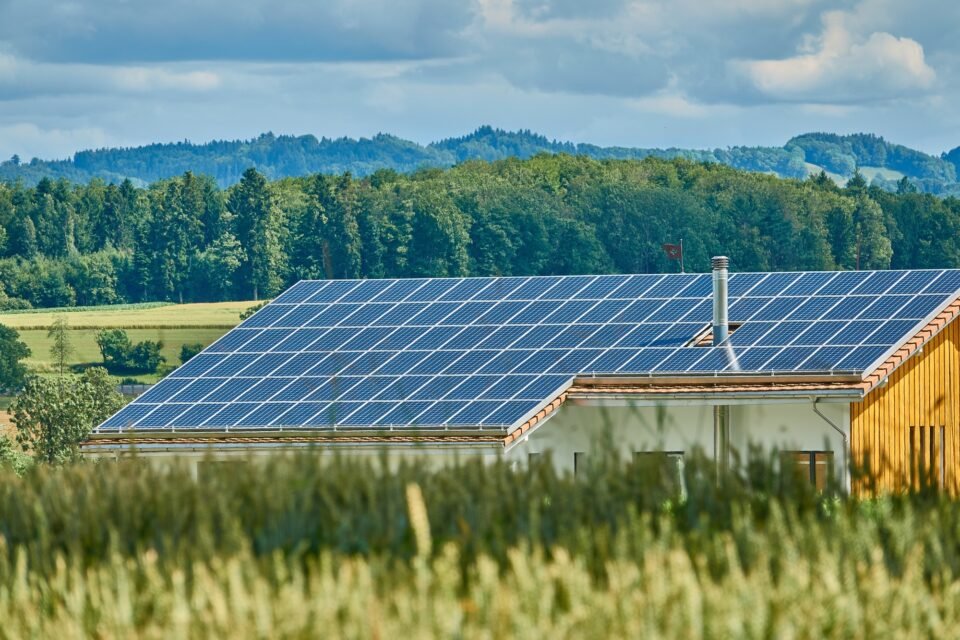What Is the Life Span of a Solar Panel?
Are you considering using solar energy for your home?
Do you want to learn more about the life span of a solar panel and how it compares to traditional sources of energy? If so, then you’ve come to the right place.
Below, we’ll be talking about solar panels. We’ll also go over some of the key factors that can affect its performance. That way, you can be confident in your choice of solar energy. Let’s get started!


